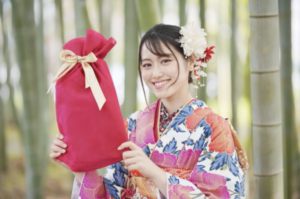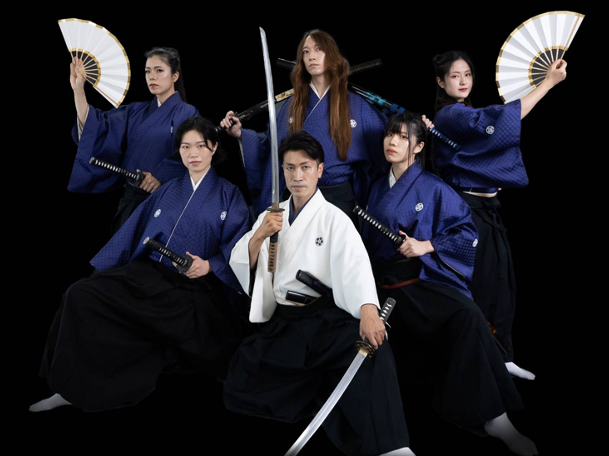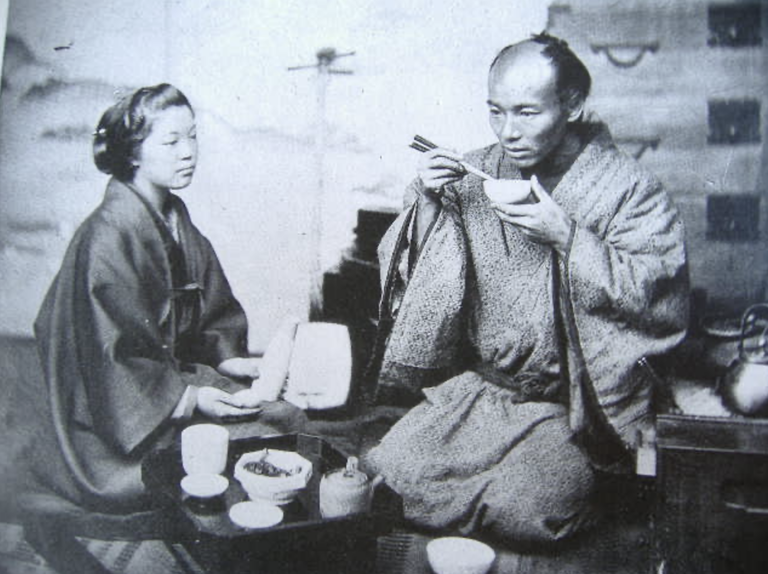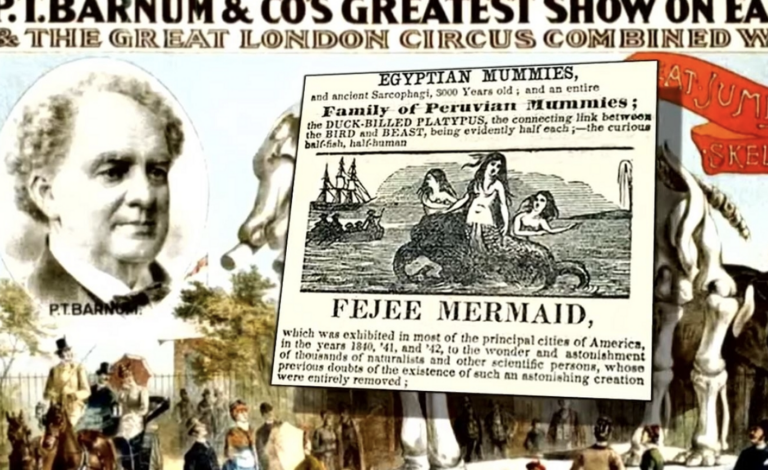A mystery of the Japanese language. Why do we give a “tsumaranai mono” (Literal meaning: something worthless) to somebody special?

Have any of you who are learning Japanese ever wondered about these words?
When you give a gift to someone, especially to an older person, you say:
“tsumaranai mono desu ga” (Lit: It’s a worthless thing, but…)
“Tsumaranai mono?” By this, we also mean things that are not good. Why would you give something that is not good to someone you care about? Don’t you think it’s rude?
People in most countries outside of Japan would say something like, “I’ve got something great for you!”. This can be understood when you understand what the main idea of what we are talking about.
Let me explain.
Except for the Japanese language, the present is the focus
I want to give something great I have chosen for a person who is dear to me. The way of thinking is that I have something special for that person, so the gift itself becomes the focus of the expression.
The focus of Japanese language is the person you give the gift to
The reason for this is that the main focus is not on the gift, but on the person to whom it is given. In English, it can be translated, “Compared to a wonderful person like you, my gift is nothing and worthless, but I hope you will accept it.”The phrase “tsumaranai mono” is derived from this.
Both are supposed to be said with the other person in mind, but with Japanese, the way it is expressed is the exact opposite. This shows how difficult the language is, but don’t you think it is a beautiful way to say things with the other person in mind?
ABE KENGO







